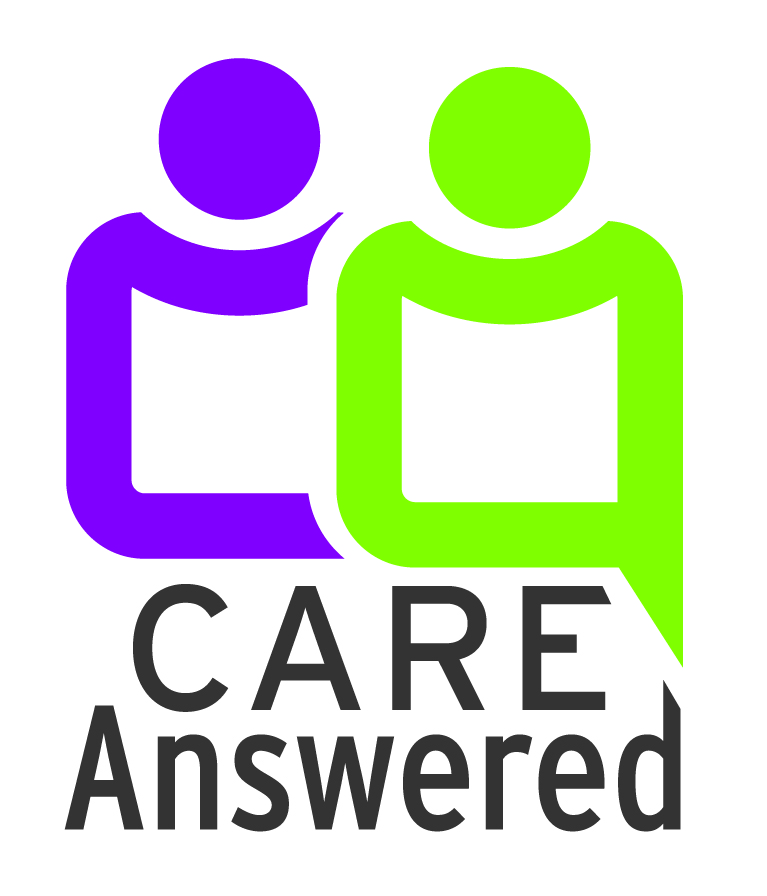Someone in the US is diagnosed with Alzheimer’s every 67 seconds, and an estimated 500,000 new cases will be diagnosed this year. Among those 65 and older, one in nine has Alzheimer’s. The statistics are frightening, and the toll this disease takes on patients, families, caregivers and the healthcare system is tremendous.
But in recent months, there have been glimmers of hope. Over the past 25 years, the incidence of dementia has declined 13% per decade in the United States, mostly due to modifiable risk factors (see below). Recently, researchers have announced new insights into the mechanisms behind Alzheimer’s, while others have found new links to risk factors.
New Blood Test on the Horizon
A new blood test that can predict Alzheimer’s with 90% accuracy is now available. This promises to limit the need for more expensive and invasive diagnostic tests like PET scans. The test is not yet approved by the federal Food and Drug Administration, and most insurance plans do not yet cover it, but researchers are optimistic that it will become available soon.
The Blood Pressure Connection
A new study showed that those 60 and over with untreated high blood pressure may have a 36% greater risk of Alzheimer’s disease than those who do not have high blood pressure, and a 42% greater risk of the disease than those whose high blood pressure is treated with medication. Given that uncontrolled high blood pressure is also linked to kidney disease, stroke, and diabetes, there are many good reasons to monitor and treat high blood pressure, which is often called the silent killer because 46% of those who have it don’t know.
Other Risk Factors Identified
A recent study found that certain factors, including advanced age, being female, and depression, are linked to cognitive decline. A history of arterial fibrillation – or AFib – was also linked to dementia. Additionally, patients in this study often showed a decline in the ability to perform daily activities, long before Alzheimer’s was diagnosed.
Modifiable Risk Factors
There are other risk factors, known as modifiable risk factors, that you can change to reduce your risk of developing Alzheimer’s. These are primarily related to lifestyle and include things like avoiding smoking, maintaining a healthy body weight, getting regular exercise, controlling high blood pressure and drinking alcohol only in moderation. Untreated hearing loss and vision problems are also linked to Alzheimer’s, so making sure you wear eyeglasses and hearing aids if you need them can help.
What Can We Do Now?
Watching a friend or loved one struggle with Alzheimer’s can make us feel helpless. But there are ways that we can help to advance the science that will lead to treatment breakthroughs, and raise funds for programs that help families cope. This year, Care Answered is once again sponsoring a team to participate in the Walk to End Alzheimer’s. Our team will walk at Belmont Lake State Park in North Babylon, NY, on Sunday, October 20. You can participate by joining our team and walking alongside us, or making a monetary donation. Learn more about how you can help.

